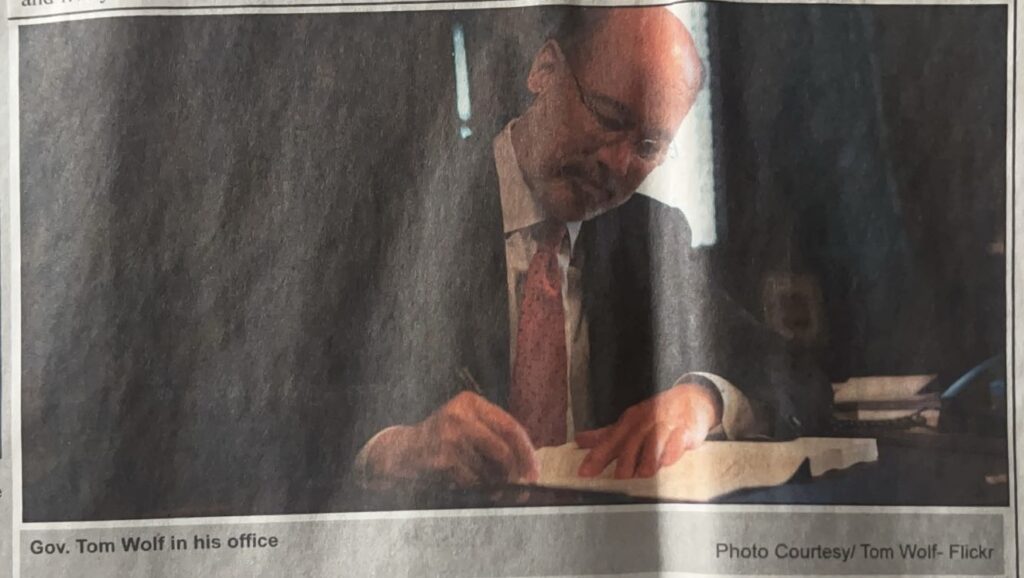
Aliyah Williams
Editor-in-Chief
The following story was published by previous Stroud Courier news editor Janice Tipperman on Feb. 23, 2017.
Only critical style issues have been changed.
The upcoming budget proposed by Gov. Wolf holds great promise for the future of Pennsylvania’s education system.
This plan commences an initiative to provide many educational programs with millions more in funding, including the universities that are a part of the Pennsylvania State System of Higher Education (PASSHE).
More specifically, this new budget proposal plans on providing the PASSHE universities with an increase of almost nine million.
“Gov. Wolf has singled out the State System for a two percent increase,” says Dr. Kenneth Mash, president of the Association of Pennsylvania State College and University Faculties (APSCUF). “Having said that, the Board of Governors has said that we need more than 60 million to operate properly, and even that number probably would not do much to roll back costs for students.”
In this regard, Mash believes that the future is currently uncertain as to how this proposal will affect the cost of school.
This increase happens to coincide with an administration review that is currently being made of the PASSHE system to determine whether or not some of its universities will need to combine or close permanently.
“I do not think anything will stand in the way of the review that is being done,” remarks Mash. “There is a bill in the legislature that calls for a review, and the State System is conducting its own review.”
He also feels that the possibility of university closures is not out of the question at this point in time.
“After his State of System remarks in which he alluded to closings and mergers on the radio last week, the Chancellor said that closing universities would be a last resort,” continues Mash, “but he did not rule the idea out.”
Mash goes on by putting the new budget proposal in perspective with Pennsylvania’s past regarding education.
“Pennsylvania’s commitment to public higher education in terms of dollars spent per student is near the bottom of all of the states,” says Mash. “After an 18 percent budget reduction in 2011, the Commonwealth has begun to restore money, albeit at a slow pace.”
The negative effects of this slow pace can be seen in the lowered student enrollment numbers, as Mash points out.
“In order to make up for lost state dollars, our universities have passed costs to students, which has meant increased tuition and increased fees,” he continues. “Unquestionably, working-class families have felt the pinch. How exactly does a single-family wage earner afford to send one or more students to college at this point?”
Mash believes that the potential university closures that may result from the PASSHE review are ultimately connected to this unfortunate phenomenon.
“Closing and merging universities does not make things better,” he concludes; “it may just shut people out of the American Dream.”
For the time being, PA taxpayers will have to wait and see what this new budget will really mean for PASSHE students.

